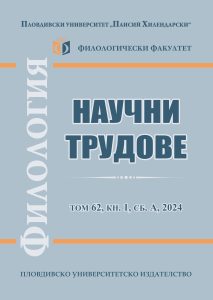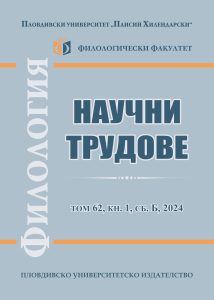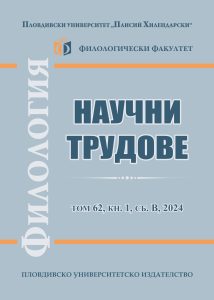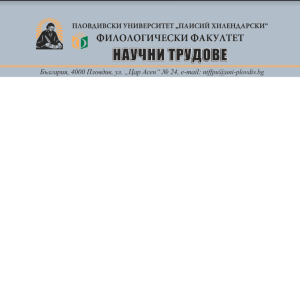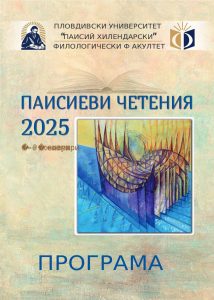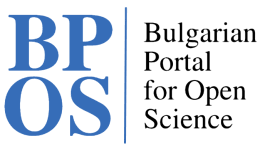VOL. 59, BOOK 1, PART А, 2021, pp. 211-220 Full text (Bg)
Author:
Marina Dzhonova
Affiliation: St. Kliment Ohridski University of Sofia
Abstract
The paper examines the argument structure of constructions containing physiological-state predicative words in the contemporary Bulgarian language. The source material was extracted from the Bulgarian National Corpus and informal web communication. A comparison with corresponding stative verbs is made. The research reveals that the constructions under consideration include predicative adverbs (toplo, priyatno), predicative nouns (zhega) or predicative adjectives (gladen). Sentences containing explicit or implicit experiencer arguments are discussed along with the possibilities for expressing the stimulus and the locative argument as well as the constraints over complement sentences. The analysis of the empirical data leads to conclusions about the common argument structure of constructions with a predicative word denoting a physiological state.
Key words: predicates, stative constructions, argument structure, Bulgarian language


